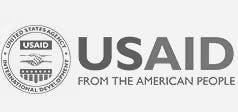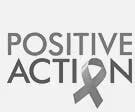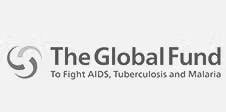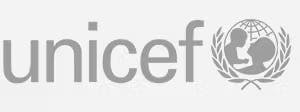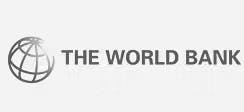WE ARE AGENTS OF CHANGE
We have worked since 1971 to serve the most vulnerable people on earth through purposeful relief and development. Our methodology is informed by our Christian beliefs that every person has intrinsic value and that it is our responsibility to advocate for the poor and the marginalized.
Children are a barometer for a community’s success and well-being.
We believe that when communities are trained and equipped to care for their most vulnerable, the entire community is lifted and poverty can be overcome. We serve communities like Galgallo’s through life-changing resources such as clean water, medical aid, food, equal educational opportunities to girls and boys, vocational training and empowerment in the midst of unimaginable hardships.
This is Galgallo
Galgallo lives in Kenya with his mother and five siblings. Before FH entered his community, there wasn’t an adequate school and children were left vulnerable. Thanks to FH, his community is thriving.
Agriculture
Learn More
It’s not OK that failed crops, natural disasters and generations of inadequate farming practices are keeping communities from thriving when many rely on abundant harvests to support their families. FH works with local experts to support and train farmers in best practices for agricultural success. By implementing new techniques, communities are able to successfully grow enough produce and raise enough livestock to feed their families as well as earn additional income by selling the excess at the marketplace.
Donate Farm & Gardening Tools
Health
Learn More
It’s not OK that children are dying from preventable diseases. It’s not OK that families are spending their entire income on medical services or that access to quality healthcare is limited where they live. FH works with communities to restore physical health in children and families through training and educational workshops, by providing access to treatment and clean water sources as well as assisting families in implementing preventative measures to keep children healthy and safe.
Donate Deworming Medication for Children
Education
Learn More
It’s not OK that children remain in extreme poverty because they lack access to quality education. It’s not OK that children go through five or six years of primary school without learning how to read and do basic math. FH partners with caregivers, teachers, and communities to support children throughout their education and allow them to reach their God-given potential.
Education Capacity Statement
Livlihoods
Learn More
It’s not OK that failing infrastructures and inadequate jobs keep vulnerable people in the generational cycle of poverty. FH works with local markets and economies to help restore communities by empowering them through vocational opportunities, training, and other sustainable and long-term solutions. FH also works with many communities to establish savings groups that enable families to save and borrow money to open a new business or improve their living conditions.
Donate a Goat
Spiritual Development
Learn More
It’s not OK that entire communities lack a biblical worldview that crushes them under the weight of debilitating social issues and keeps them isolated from the hope they desperately need to seek out their God-given potential. FH works with communities to bring the love of Jesus in a culturally appropriate way by walking with families and students in relationship. FH trainings through community centers, after-school clubs and in home groups shift worldviews, help diminish violence against children and connect people to God’s love in profound ways.
Donate a Children's Bible
Risk & Resilience
Learn More
It's not OK that the most vulnerable people living in the hardest places face the greatest impacts from crises, climate change, disasters, and conflict. These risks erode development gains, making people more vulnerable to the next shock and keeping them trapped in poverty. Through Food for the Hungry's Shared Resilience Approach, we partner with communities, government, and other key actors to foster and strengthen a range of resilient and positive coping capacities so the most vulnerable are better able to absorb shocks and stress, adapt in the face of crises, and to transform formal systems and institutions, getting at the root causes of the risks and crises that cause extreme poverty.
Our Shared Resilience Approach

